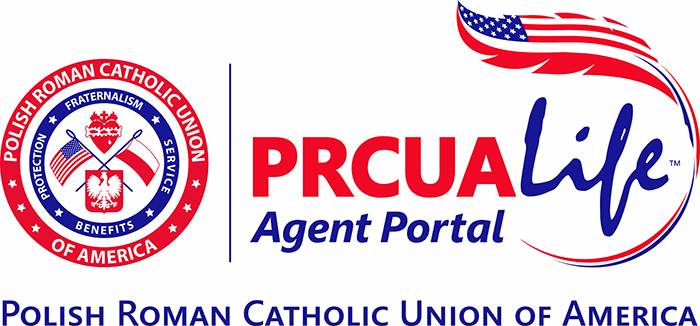CERTIFICATE LOANS
A loan may be made at any time on a whole life certificate that is in full force and contains cash value by the owner of a life insurance certificate. The loan uses the accumulated cash value as collateral. Certificate loans cannot be made on term life insurance certificates. A loan may not exceed 90% of the cash value rounded down to nearest thousand (CV). A loan will bear annual accrual interest at a compound rate found in the certificate. Interest will be added in the beginning of each year. Certificate Loan statements are mailed to all loan holders annually from the home office.
Loan Process
The certificate holder must request a loan from the home office. A form is prepared for the loan amount agreed to by the certificate holder. This form is mailed to the member for their signature which must be notarized. The member must also submit their original life insurance certificate or submit an Affidavit in Case of Loss or Destruction of their certificate. This is held by PRCUA until the loan is paid in full.
A check for the amount of the loan and a letter explaining the repayment process and interest is mailed to the member.
Repayment
A certificate loan may be repaid at any time, during the lifetime of the insured and while the certificate is in full force and effect. Additionally, the member can use dividends to pay the loan down. Interest will be added to the debt. Payments may be made partially or in whole. Once repayment is complete, the original certificate along with a letter recognizing full payment is mailed to the owner. If at any time the loan balance exceeds the cash value, the certificate will lapse and PRCUA will mail a notice to the last known address of the owner on record. If the insured person passes away prior to the loan value being paid off, the balance of the debt (loan and interest) is deducted from the face value.
Modified Endowment Contracts (MEC)
A modified endowment contract (MEC) is the term given to a life insurance policy whose funding has exceeded federal tax law limits. In other words, the IRS does not consider this to be a life insurance contract anymore. The change in classification was brought about to combat the use of the “life insurance” designation for the purposes of tax avoidance. In many cases, a Single Premium Whole Life (SPWL) certificate may be considered a MEC.
Specifically, a life insurance certificate is considered a MEC by the IRS if it meets three criteria:
- The policy is entered into on or after June 20, 1988.
- It must meet the statutory definition of a life insurance policy.
- The policy must fail to meet the Technical and Miscellaneous Revenue Act of 1988 (TAMRA) 7-pay test.
Life insurance certificates (policies) become MECs when the premiums paid in are more than what was needed to be paid within that seven-year time frame.
Any loans or withdrawals from an MEC are taxed on a last-in-first-out basis (LIFO) instead of FIFO. Therefore, any taxable gain that comes out of the contract is reported before the nontaxable return of principal. Furthermore, policy owners under the age of 59.5 must pay a 10% penalty for early withdrawal – any withdrawal or loan will be reported to IRS. As with traditional life insurance policies, MEC death benefits are not subject to taxation. Modified endowment contracts are usually purchased by individuals who are interested in tax-sheltered, investment-rich policies, and do not intend to make pre-death policy withdrawals.
**For informational purposes only. Please consult your tax or financial advisor for more information about how a withdrawal or loan from a certificate that is considered a modified endowment contract will impact you.**
Our Mission
The mission of the PRCUALife Sales Department is to continually secure new members through the promotion of choice life insurance and annuity products by designated sales representatives, and to provide its sales force with exceptional service, support and resources.

